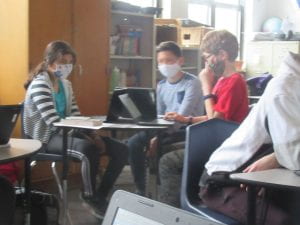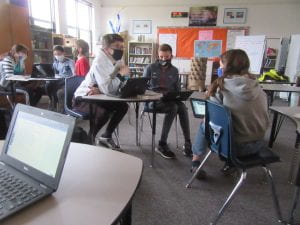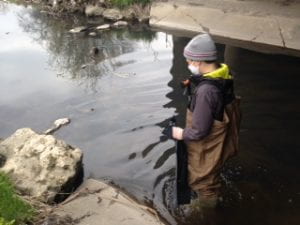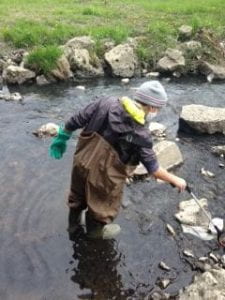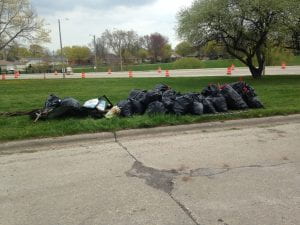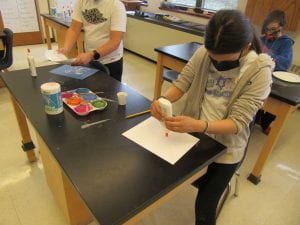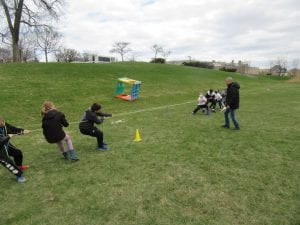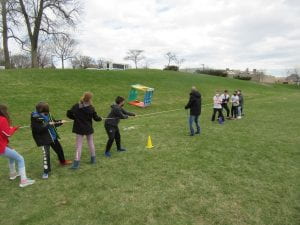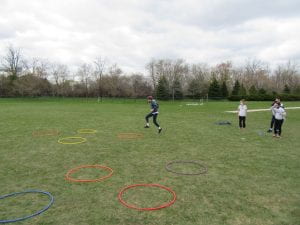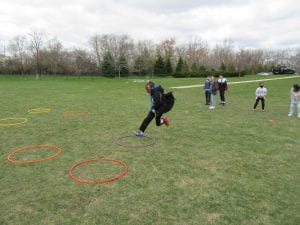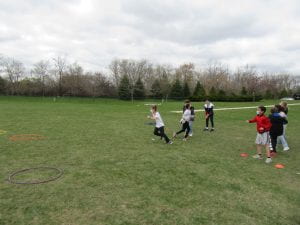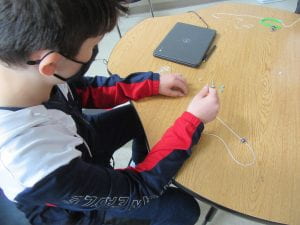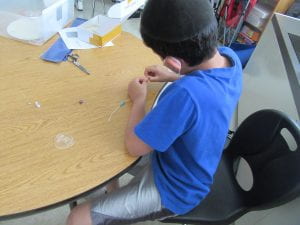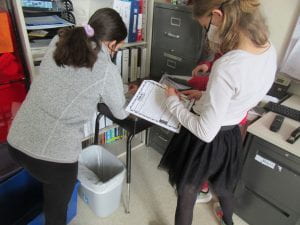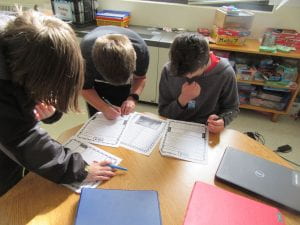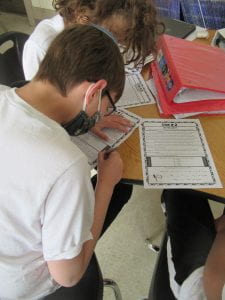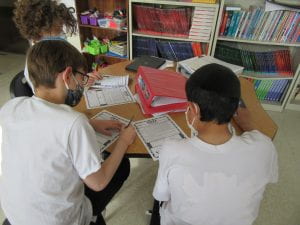The Milwaukee Film Festival is actually a year-round organization. Part of what they do is provide educators curricular assistance with implementation of film in the classroom. Recently, they offered teachers the ability to show the film Growing Up Milwaukee in the classroom. This movie perfectly aligns with the content we have been covering; especially since some of the film takes place in the exact neighborhoods we have read about in Evicted.
Today, we started our Growing Up Milwaukee process with a discussion on the importance of your Zip Code. Feel free to look at the set of classroom discussion questions we started with; linked here.

